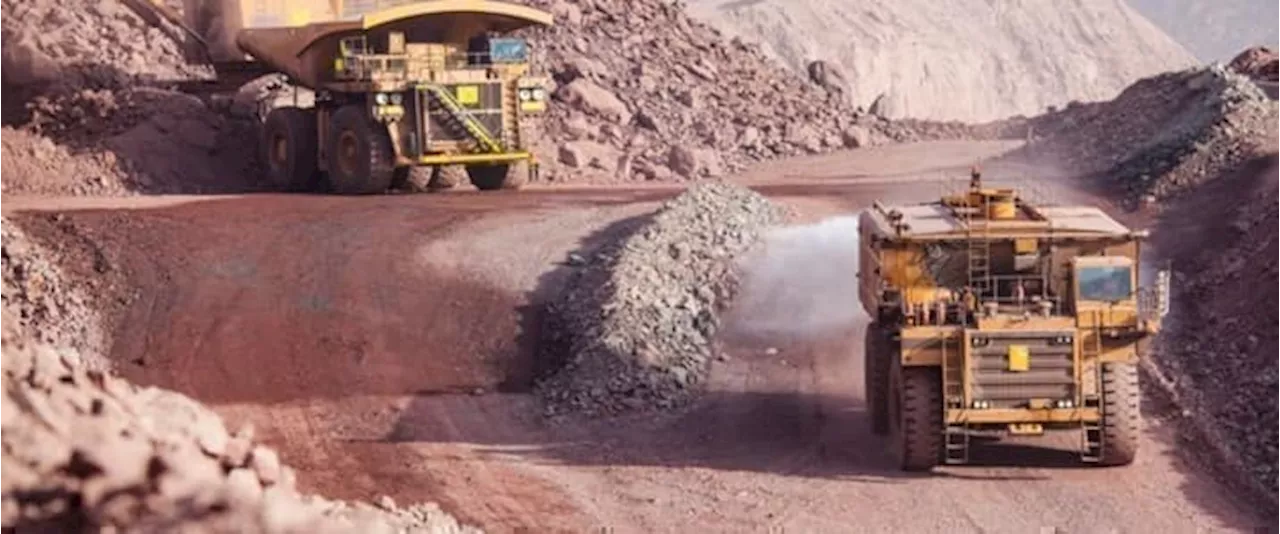According to Goldman Sachs, the next U.S. president will have limited options to quickly increase domestic oil supply.
The next U.S. president will have a very limited set of tools to materially boost oil supply in the United States, according to investment bank Goldman Sachs . Whoever wins the presidential election in November will have to contend with low stocks in the Strategic Petroleum Reserve SPR . Moreover, any regulatory easing on the U.S. oil industry – expected if Donald Trump wins – would only have an impact on the longer-term U.S.
“The annual average production growth in the maturing Permian basin is likely to gradually decline from an exceptionally strong 520,000 barrels per day in 2023 to 340,000 barrels per day this year, and to a still robust 270,000 barrels per day in 2026,” Yulia Grigsby, an energy economist in Goldman Sachs Research, wrote.
Oil Supply President Permian Goldman Sachs Harris SPR Production Trump
Australia Latest News, Australia Headlines
Similar News:You can also read news stories similar to this one that we have collected from other news sources.
 Klarna lines up banks for long-planned US listingMorgan Stanley, JPMorgan and Goldman Sachs set to secure top roles on fintech’s potential offering
Klarna lines up banks for long-planned US listingMorgan Stanley, JPMorgan and Goldman Sachs set to secure top roles on fintech’s potential offering
Read more »
 Goldman Sachs faces uphill battle in dispute with Federal Reserve over stress testChance of reconsidering its grade ‘close to zero’ as US central bank has never overturned an assessment on appeal
Goldman Sachs faces uphill battle in dispute with Federal Reserve over stress testChance of reconsidering its grade ‘close to zero’ as US central bank has never overturned an assessment on appeal
Read more »
 Sex offender worked at Goldman Sachs months after convictionRonan O’Grady pleaded guilty to sexual assault in February and was sentenced in late June
Sex offender worked at Goldman Sachs months after convictionRonan O’Grady pleaded guilty to sexual assault in February and was sentenced in late June
Read more »
 Goldman Sachs’ results were good, but not 1999 goodBanking returns were superior at the time of its IPO 25 years ago
Goldman Sachs’ results were good, but not 1999 goodBanking returns were superior at the time of its IPO 25 years ago
Read more »
 Goldman Sachs’ profits more than double to $3bn as deals reboundUS investment bank’s results also helped by stronger performance from equities and fixed-income trading
Goldman Sachs’ profits more than double to $3bn as deals reboundUS investment bank’s results also helped by stronger performance from equities and fixed-income trading
Read more »
 Goldman Sachs Sees Downside For Copper in The Short TermChina's unwrought copper and copper product exports hit a record last month, as fears of soaring demand in the world's second-largest economy have shifted the market into asurplus, pressuring prices lower.
Goldman Sachs Sees Downside For Copper in The Short TermChina's unwrought copper and copper product exports hit a record last month, as fears of soaring demand in the world's second-largest economy have shifted the market into asurplus, pressuring prices lower.
Read more »
